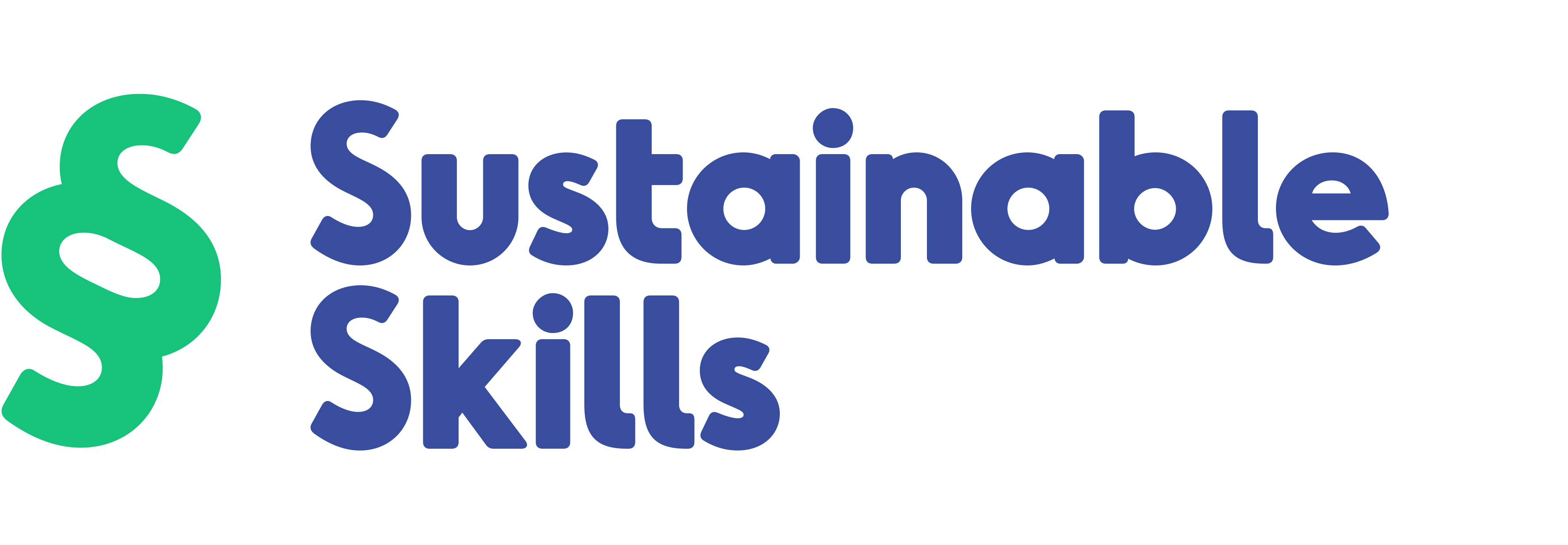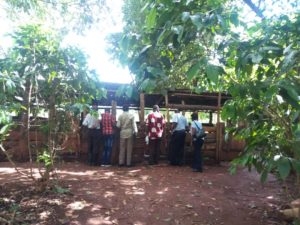Due Diligence and Technical Evaluations in Uganda
Project title: Due Diligence and Technical Evaluation
of Matching Grant Applications
Timing: July 2017 – 30 June 2019
Location: Uganda, Africa
Client: Skills Development Facility, Private Sector
Foundation Uganda
Sponsor: World Bank
The background
The Government of Uganda received credit from the World Bank towards implementation of the Uganda Competitive Fund for employer-led short term training to address prevailing skills imbalances and shortages in Uganda.
The opportunity
In order to ensure that the allocation of grant funding to businesses was rigorous and transparent, the PSFU sought independent contractors through a competitive tender process to conduct Due Diligence and Technical Evaluation Assessments on applications to the fund. These assessments aimed to ensure that the funds are allocated to the most promising proposals and that the applicants are able to deliver on their proposals.
An important element of the initiative was to facilitate collaboration between training providers and industry to promote demand driven skills development with special attention to innovative modes of training.
The solution
Sustainable Skills was selected through the competitive tender process to act as the independent assessor for the Skills Development Facility. We designed a model of due diligence and capacity assessments that draws on the frameworks and processes for quality control in Australia’s TVET system.
The project was delivered by a team of exceptionally-qualified local and international consultants comprising Lisa Giammarco, Team Leader based in Sydney, Sarah Nalumansi, Project Team Leader, Mary Jo Kakinda, and Benon Webare, Associate Consultants, based in Kampala.
Sustainable Skills’ objectives for this project consisted in ensuring transparent and efficient use of the Skills Development Fund (SDF) via fiduciary activities to verify, validate and assess the quality, integrity and completeness of the key information required to make well-informed grant funding decisions, as well as ensuring that grantees were fully capable of executing their responsibilities under grant agreements, especially regarding their facilities, expertise and experience.
The Skills Development Facility involves four windows and the role of Sustainable Skills has been to conduct the verification and evidence collection process for the following three phases:
- addressing skills shortages in the formal sector;
- innovative skills training;
- support to systems for certification of skills and competencies acquired through informal and non-formal training.
The verification process comprised two steps:
- a due diligence of the applicants and, where relevant, the proposed training provider; and
- an in-depth assessment of the capacity of the involved organisations.
Over the course of the project, Sustainable Skills completed the due diligence and technical evaluation of more than 300 training funding applications, and conducted site visits to all applicants that passed the pre-evaluation stage.
The benefit
Sustainable Skills objectives for this project have been to thoroughly and competently complete the due diligence and technical evaluation of the applications and to put forward well considered and professional recommendations that will hopefully assist Uganda to build the skills and capability of its industries and employees.
This project had made it more viable for companies in Uganda of all sizes to provide industry-relevant training to their staff and to people within their value chains. It also promoted innovation in approaches to training and encourage the development of systems and processes for the recognition of prior learning and recognition of current competence. All these benefits contributed to more sustainable economic development and to enhanced employability for Ugandan workers.

